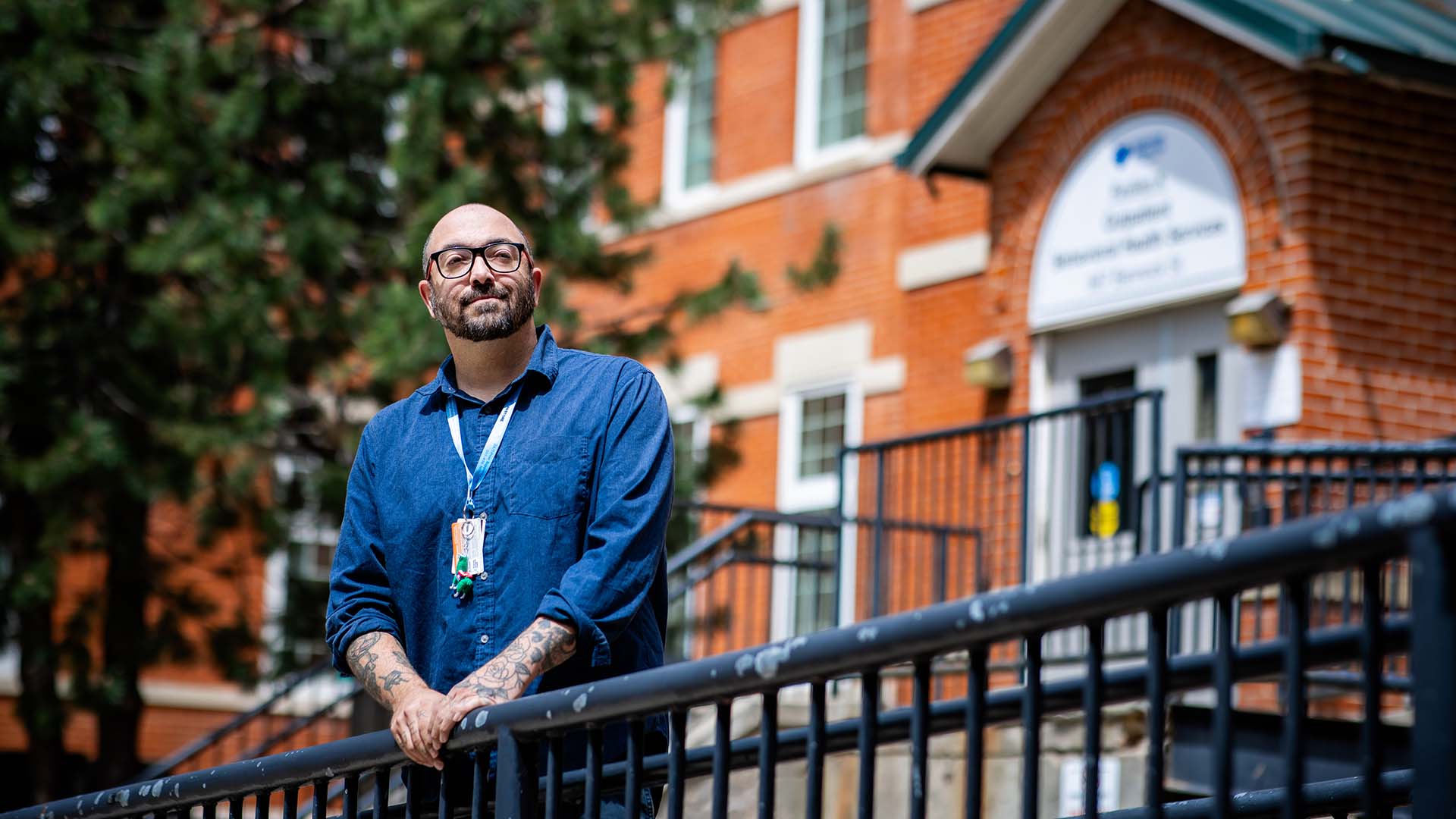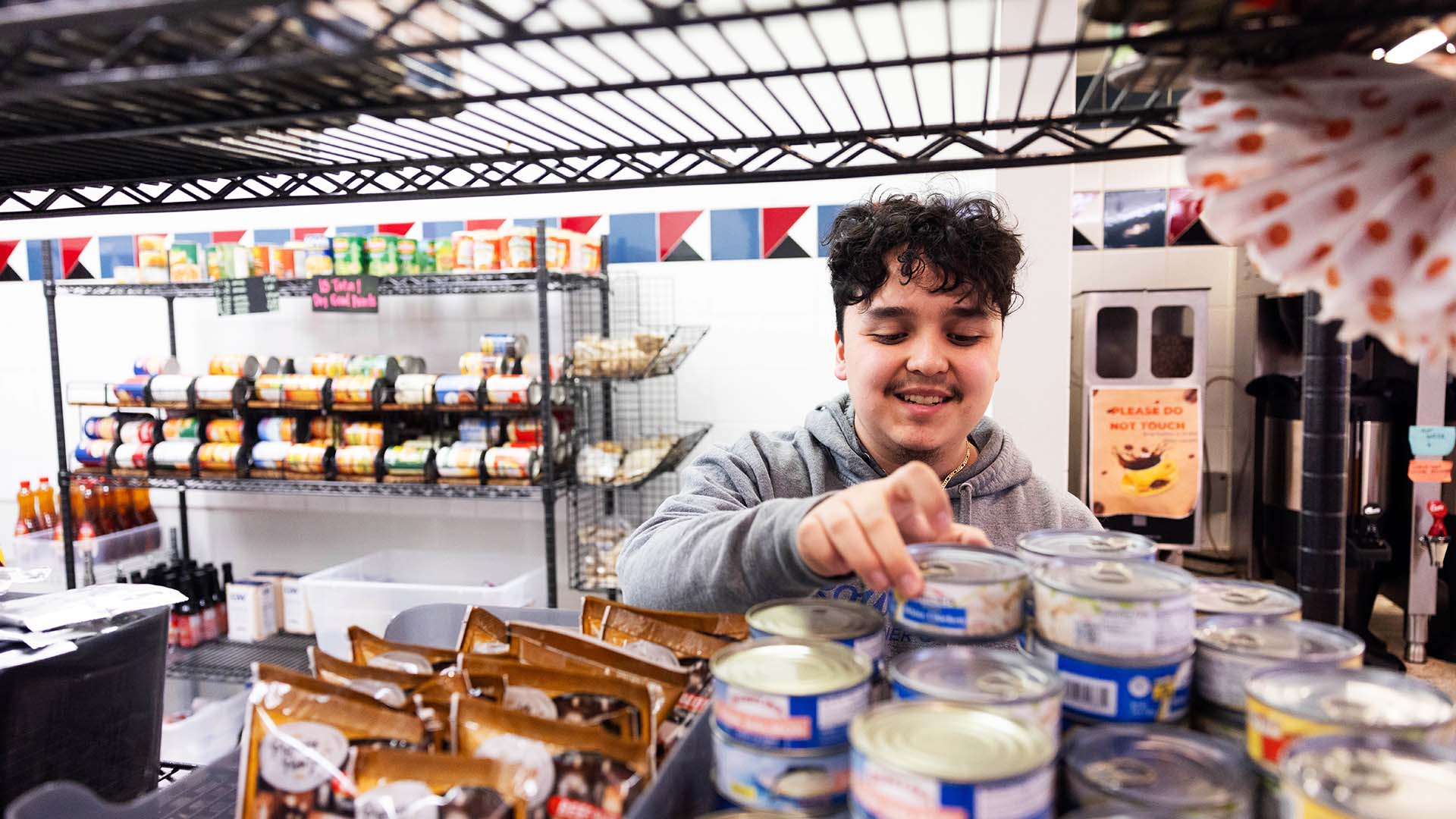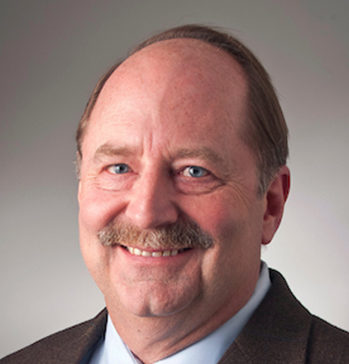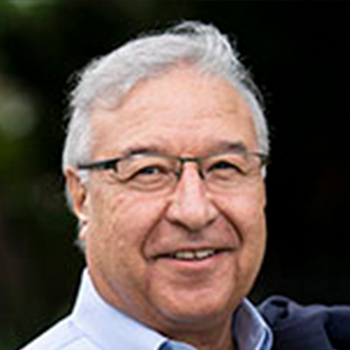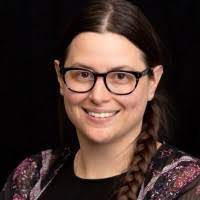The light at the end of the tunnel
Colorado's new program to repay college loans for addiction counselors is helping one military veteran and former electrician power a new career serving others.
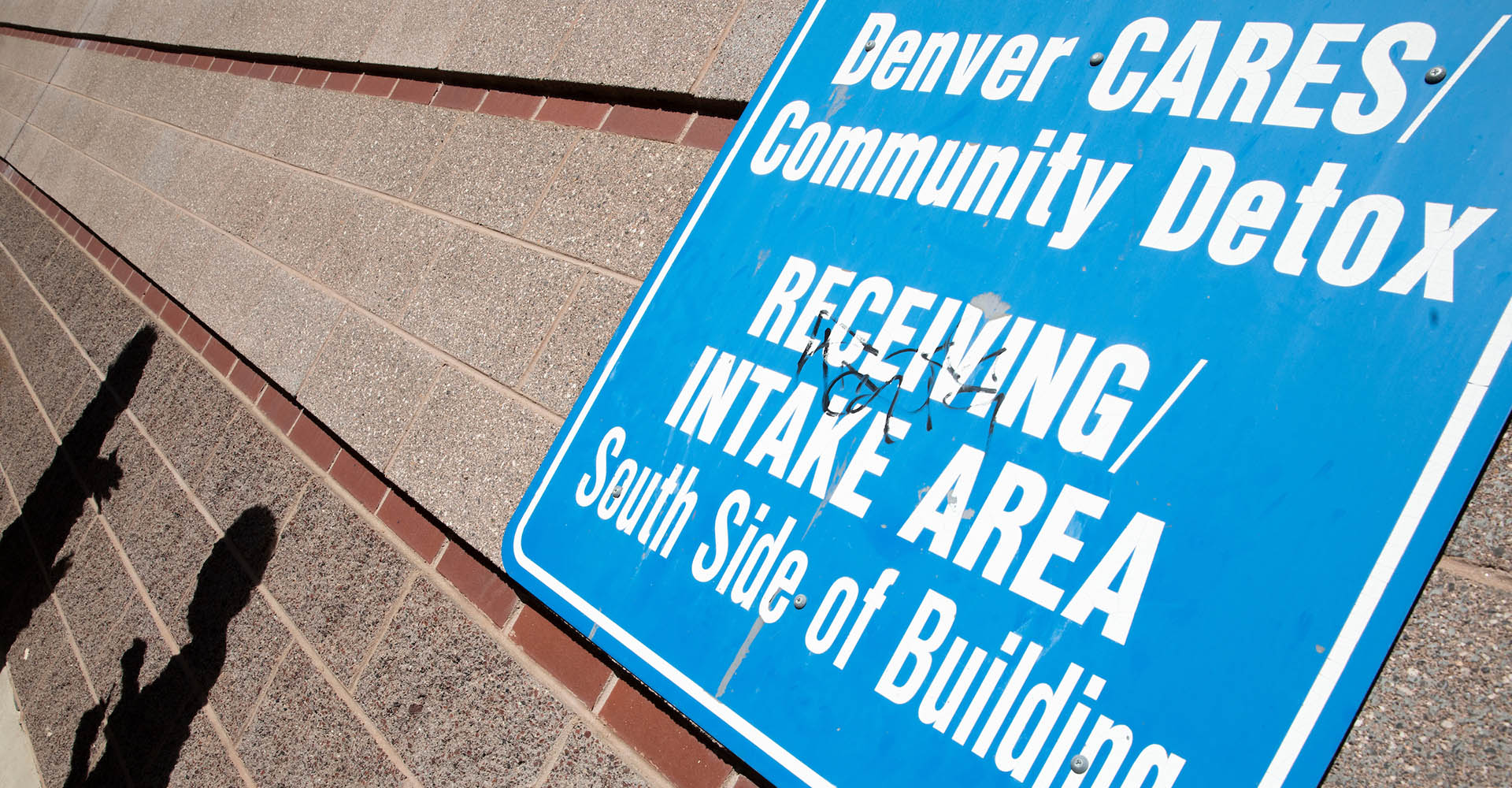
The first two decades of Christine Russell’s career prepared her to help these men.
Russell joined the U.S. Army after high school, serving three years in the early ’90s before parlaying her military experience into an electrician gig with the International Brotherhood of Electrical Workers Local Union 68 in Denver. Over more than 20 years in those male-dominated fields, she learned not only to work with men but also how to navigate their drinking culture.
Russell, 49, brings that experience to her new calling: addiction counseling. She’s interning in an all-male unit at Denver CARES, an alcohol and drug detox facility run by Denver Health, as she works toward a bachelor’s degree in human services with a concentration in addiction studies from Metropolitan State University of Denver.
Though she expects to graduate in December, Russell is already fully embedded in the work.
“These guys – I love ’em all,” she said. “I’m in a real sweet spot right now because all I have to do is be nice to these guys.”

Completing her degree – along with this internship – will put Russell on the front lines of a profession that’s vital yet faces a shortage of recruits. The need for health professionals trained to treat substance-use disorders in Colorado is so great that the state wants to help graduates entering the field pay off their student loans.
During the 2018 legislative session, state lawmakers revised the Colorado Health Service Corps program to make certain behavioral-health professionals, including those specializing in substance abuse, eligible for loan repayment. In doing so, lawmakers cited the drug epidemic and rising overdose rates in the state.
The first application period for loan repayments started in September, said Steve Holloway, chief of the Colorado Department of Public Health and Environment’s Health Access branch. To get word out to more students and professionals, the state may open up a special round of applications in 2019, he added.
Students who earn their Certified Addiction Counselor credential and commit to working in the substance-use-disorder field for at least three years could qualify for grants of up to $20,000 tax-free to repay loans. Those who earn the advanced Licensed Addiction Counselor credential and commit to working for at least three years in that field can apply for up to $50,000 tax-free to repay loans.

Denver CARES stands for Comprehensive Addictions Rehabilitation and Evaluation Services; it’s a 100-bed, nonmedical, clinically managed treatment facility that provides a detox alternative to being jailed for public intoxication. One of the best predictors of a good outcome for the facility’s patents is the therapeutic relationship, said Lori Dougherty, a Denver CARES supervisor who oversees Russell and other staff members who are new to addiction counseling. She said her job is to help students and interns develop their clinical skills, which include listening and problem-solving.
“Working with people in recovery is about being compassionate and being patient,” Dougherty said.
Russell thinks her life experience in the military and the IBEW has taught her how to de-escalate tense situations and engage male patients. On “Survey Saturdays,” she asks a question – “What’s your favorite movie?” or “If you could talk to any famous person, living or dead, who it would be?” – to build a rapport with the men. And she strives to engage patients in her care by writing quotes on a whiteboard – often simple ideas that convey the importance of love for others and oneself.
“Mr. Rogers quotes are my favorite,” she said.
After she graduates from MSU Denver, Russell hopes she can continue working at Denver CARES while enrolling in the University’s social-work master’s degree program. She wants to model her approach to her career on that of Tricia Hudson-Matthew, Ph.D., her advisor in the University’s addiction-studies concentration.
“She pulls no punches,” she said, “yet she delivers with kindness.”

